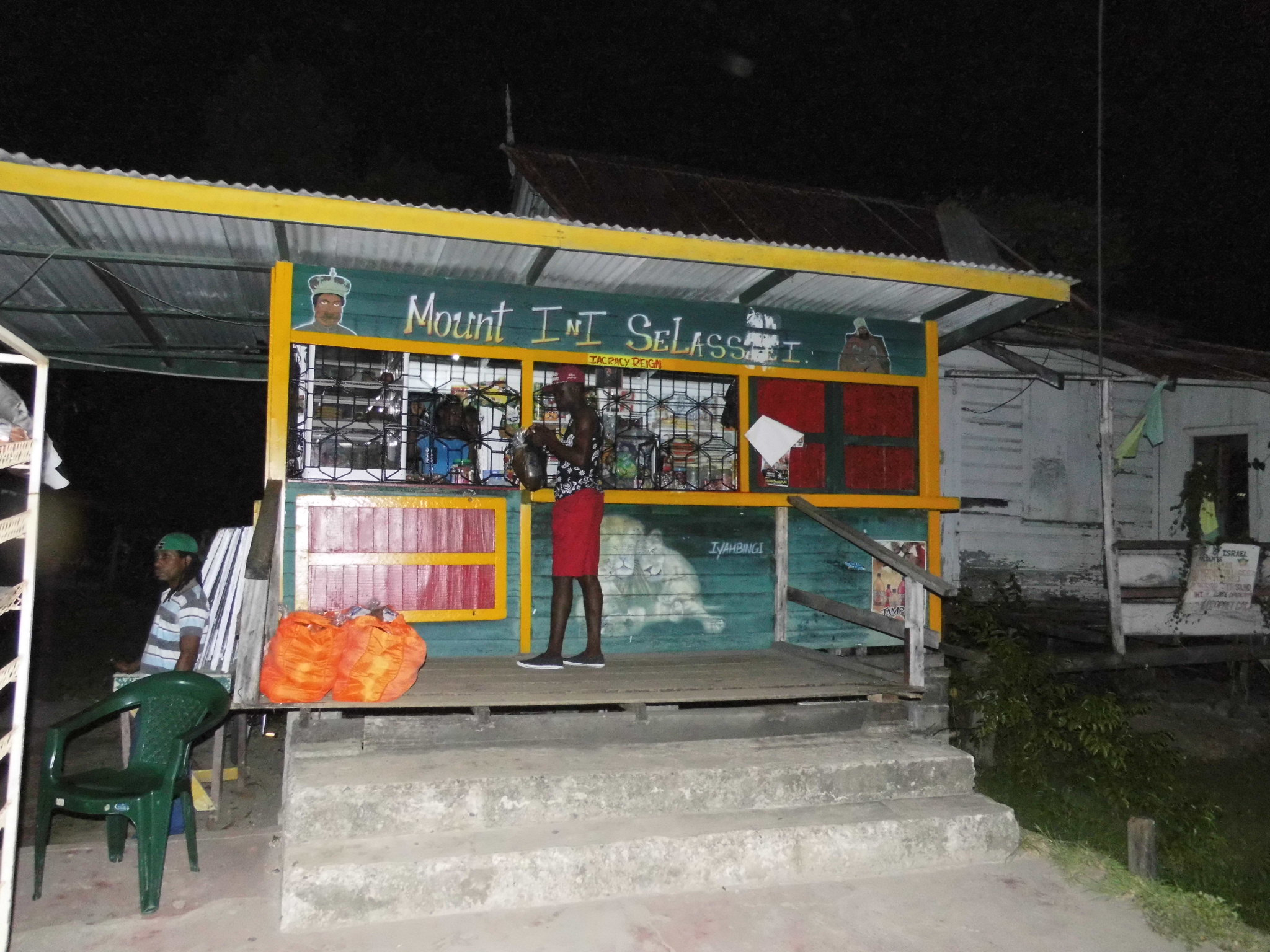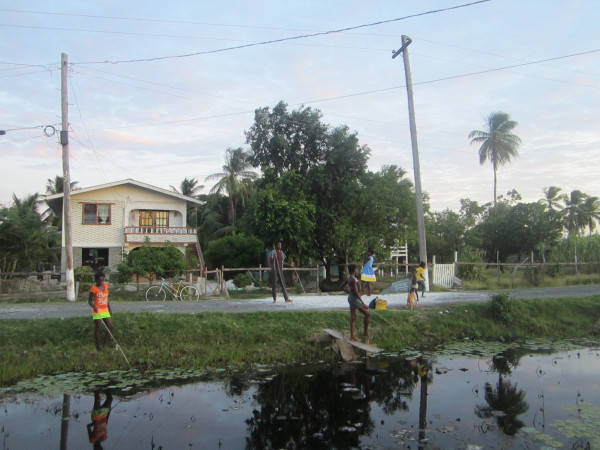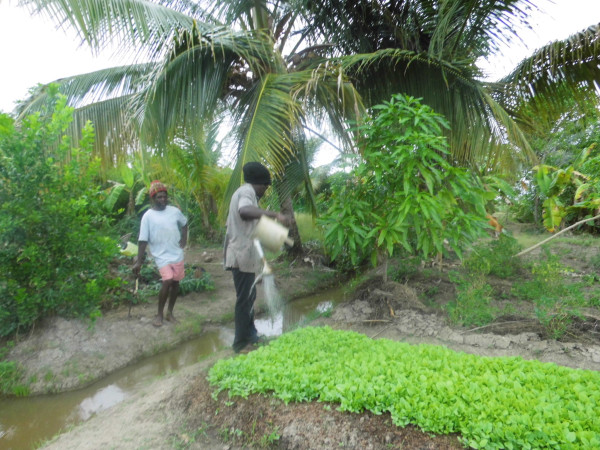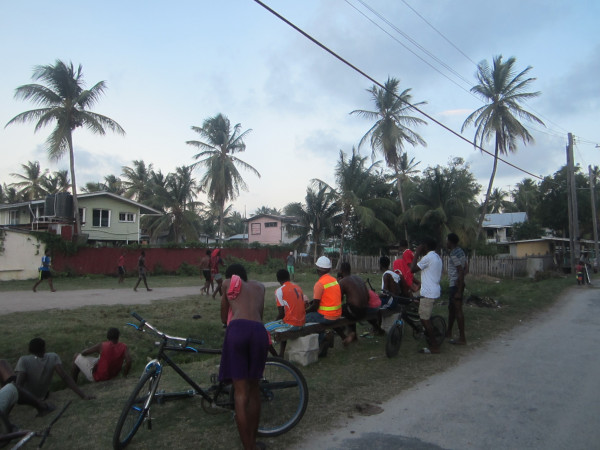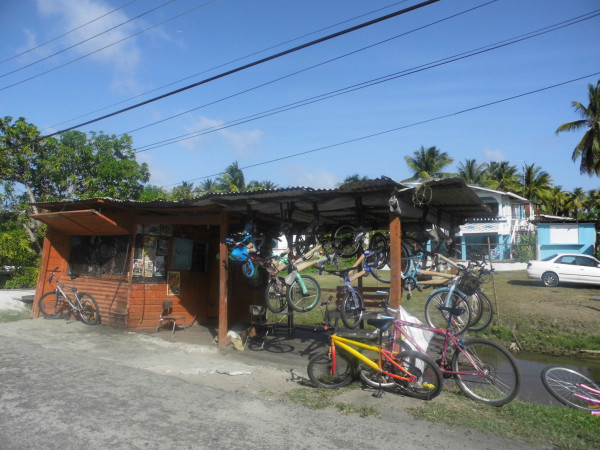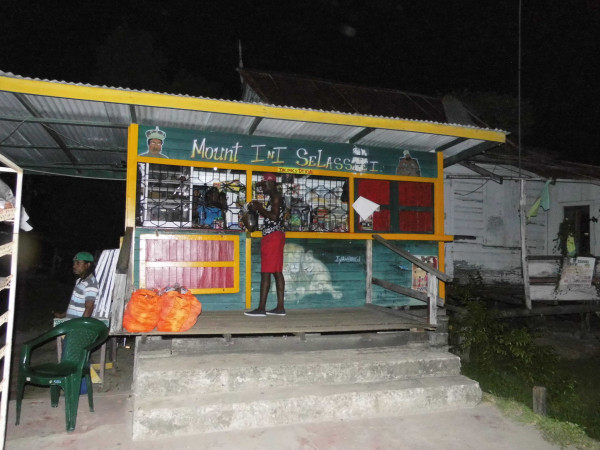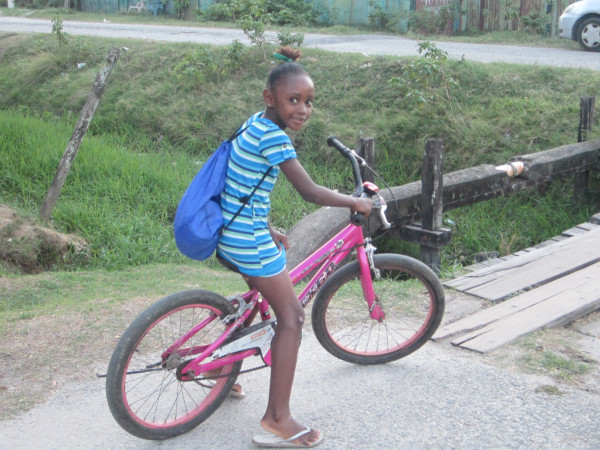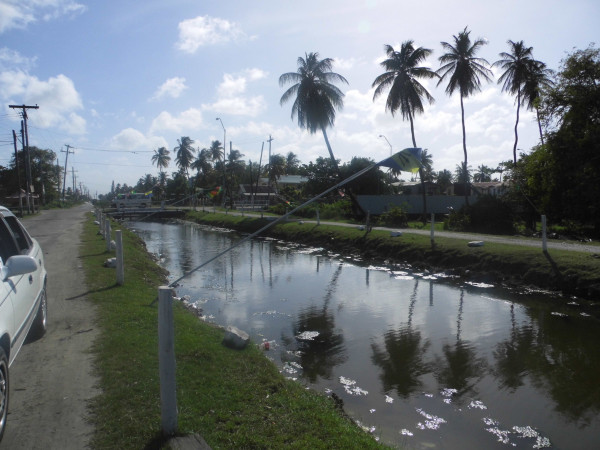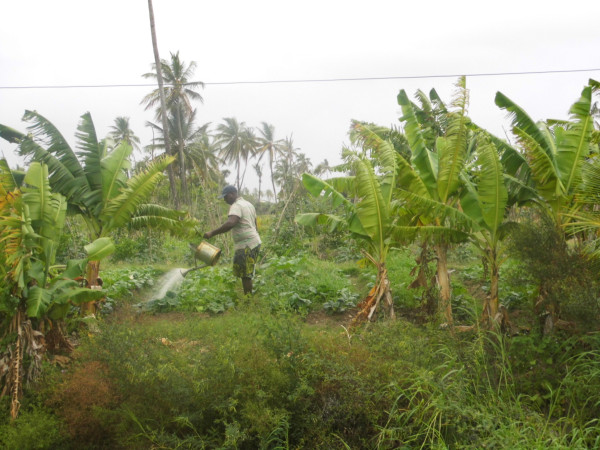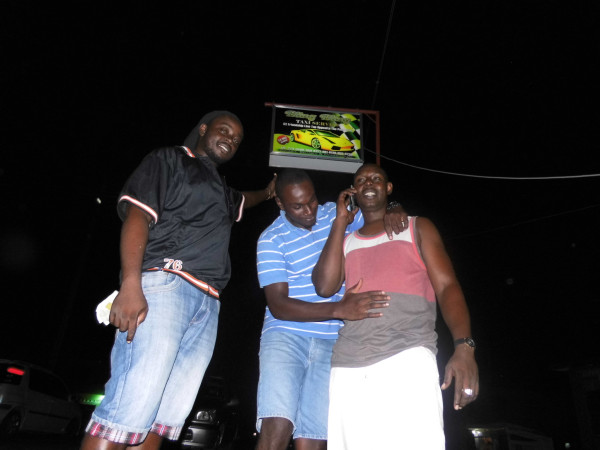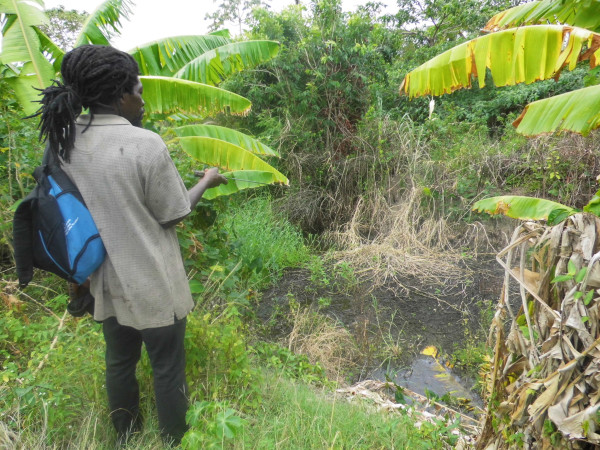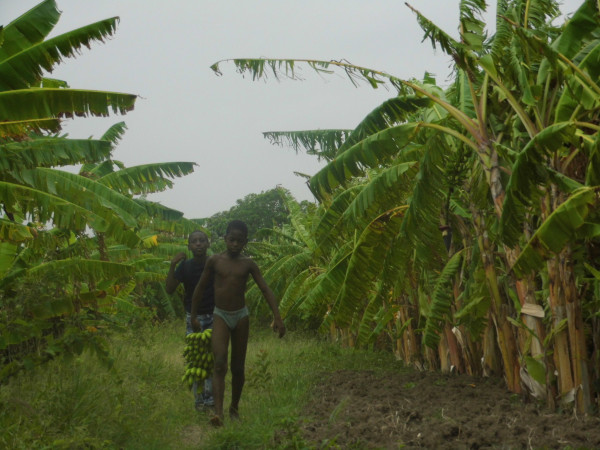(Part 1)
“Everyone knows about Buxton, yet few people know Buxton,” this was the lament of the former village councillor Owen McGarrell when he spoke with the World Beyond Georgetown.
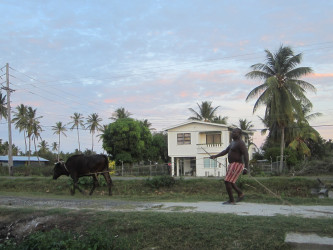
McGarrell is right. Information about Buxton is seemingly everywhere. There is a Wikipedia page and a webpage www.buxtonguyana.net which detail the history of the village both ‘ancient and modern’ and news stories abound about this village which lies some 14 miles east of the capital city. A search of the Stabroek News website alone returns more than 5,000 results.
But very few Guyanese truly know this village. To most, Buxton is a shadowy place of dangerously angry people living, as one misguided reporter wrote, “In the dungeons of a hostile society.”
It was Jane Austen who wrote: “There is nothing like staying at home for real comfort,” and Maya Angelou who further explained that home is “The safe place where we can go as we are and not be questioned.”
For Buxtonians that is what the sister villages of Buxton-Friendship represent, a place to be yourself.
Formerly Plantation Orange Nassau, Buxton was bought for $50,000 in 1840. Its sister village Friendship, formerly Plantation Friendship was purchased in 1841 for $80,000. Together they form the amalgamated Buxton-Friendship, or for the natives just Buxton.
For its purchasers Buxton represented a victory, hard won and in need of constant protection. It is this belief that fuels the assertiveness of villagers. It is perhaps best represented in the tale of how “Buxton people stop train.”
Many a retelling of this story focuses on the boldness and aggression of the action. Few know of or tell the tale from its beginning. Few refer to that drastic action as the last resort of a fully aware and organised people to have a repressive and damaging tax abolished.
Many also know of Buxton as a haven for the criminals who escaped Camp Street Prison in 2002 and formed a gang which terrorised the coast; few know the real story. But that’s a story for another time.
On any given afternoon Buxton is mostly quiet. Men and women on bicycles or on foot are returning home from work and guiding their livestock from the open pastures on which they have spent the day grazing.
Little old men and women shout greetings to each other from their verandas and sagely receive their due from the younger generation.
“Good afternoon, Mrs McGarrell,” one young lady calls.
“Hey, good afternoon girl, how you mother she feeling alright?” she gets in reply.
Typical country village scene, this is a place where everyone knows everyone’s last three or four generations and a simple hello can turn into an hours-long discussion on how your family has developed or not developed for at least the last 50 years.
Young men from the village are engaged in a game of football, their bodies drenched in perspiration and the air punctuated with their exclamations of joy and frustration. This is an everyday game; the boys are just blowing off steam after work and school.
Among the spectators is Marvin Cole, an employee in the Engineering Department of the Ministry of Public Infrastructure and a master kite maker. Cole and his kite making business were featured last year in Stabroek News’s Lifestyle magazine.
“I’m a businessman and in my business Buxtonians support me 100%,” he said. “I can’t relax the same way any place else,” he added.
That kind of support is the driving force of what counts as the Buxtonian economy: small start-ups offering both necessary and seasonal services. There are two taxi services and several independent operators. There are three bicycle shops, several corner stores and snackettes, one gas station, the madly popular Benjamin’s Bakery and numerous farmers.
Each business is owned, staffed and mostly patronised by Buxtonians.
Basic services are mostly available as well. There are three primary schools, one secondary school and one practical instruction centre. There is a health centre, a post office and a large playfield which along with the reconstructed Tipperary Hall hosts recreational activities both sporting and cultural.
Buxton, it seems, lacks nothing but beneath the familiar cheerfulness there is discontent. Many young people in the village are unemployed.
McGarrell explains the problem this way, “There are some who do not want to work. Others go into the interior mek a small piece buy a motorbike and ride up and down. When you check the papers the number of vacancies means there is little reason for mass unemployment. In some cases they may not be qualified and in some they are overqualified. You need to tek what you get and wait for what you want. Some are waiting for what they want but if you sit down and keep waiting that opening may not come at all.
“I hear a man say he can’t work for that kind of money but yet when I walk down the road he gonna beg me for a hundred dollar while I working for that money.”
That’s one way to view the issue but for the younger generation who have invested the time and money to attain academic qualifications that view is not good enough.
Adrian Alfred, a young resident of the village advocates for youth inclusivity. Alfred who is active in youth advocacy serves on the steering committee of the Guyana National Youth Council and is currently Guyana’s Youth Ambassador to Caricom.
He explained that while many speak of youth development there is always this “wait your turn” caveat to the process.
“We hear a lot about what youth can do and will do and not enough about what we are doing. What we need is the creation of a space in which we can be active now, in which young people can open and operate a business as many have done in the village and they are supported by physical, social and political infrastructure,” he said.
He acknowledged that there are many young persons in the village who are less than committed to their own personal development but he noted that when those who are committed expend the time and energy to create a livelihood they are stymied by lack of supporting systems.
This is a reality that is faced by Leroy Hamer, who, like his father before him, farms the land aback of Buxton and is frustrated by the lack of proper services.
He explained that the farmers are facing serious problems with drainage and irrigation. The basin at the front of the village which is used to drain off excess water has been punctured.
“Look at Company canal right now – it’s salt water,” he said. He added that the Neighbourhood Democratic Council is also spraying the grass in the drains which creates its own problems.
“When you spray the grass it dies and if it’s not removed it forms bedding for what is to come next. After a time you have a dry matting that is going to support the growth of other weeds and clog the drain,” he said adding that when questioned about the practice the NDC argued that they are doing what GuySuCo is doing.
“They say that GuySuCo does it, but in many instances their water is moving water our water is almost stagnant,” he argued.
For now Hamer, his brother Vibert and his sons do their best to live off a land that while fertile has been severely neglected.
